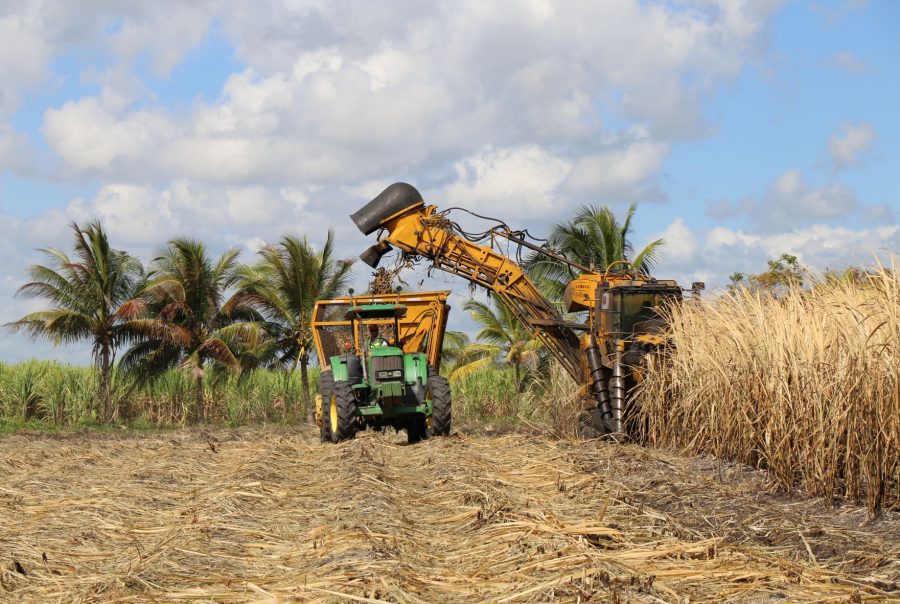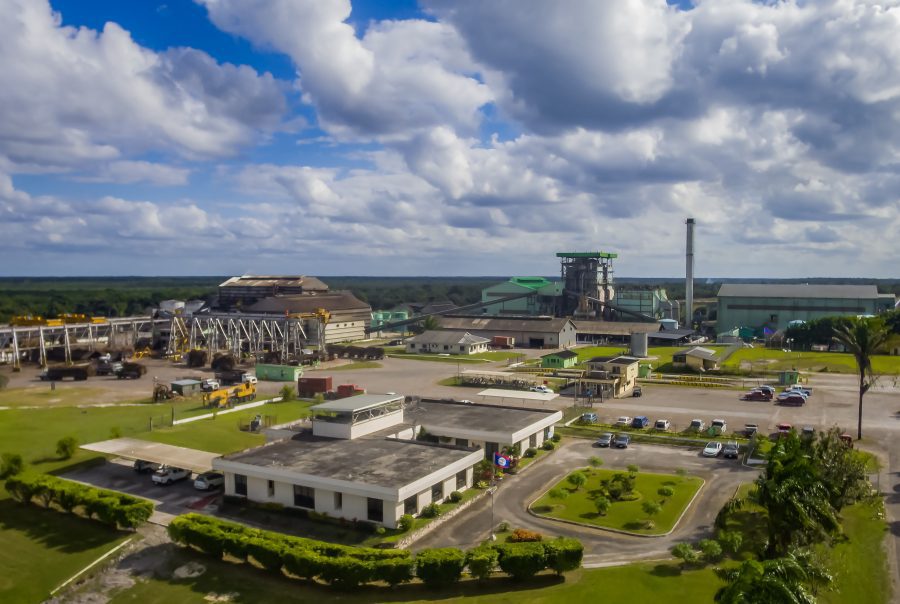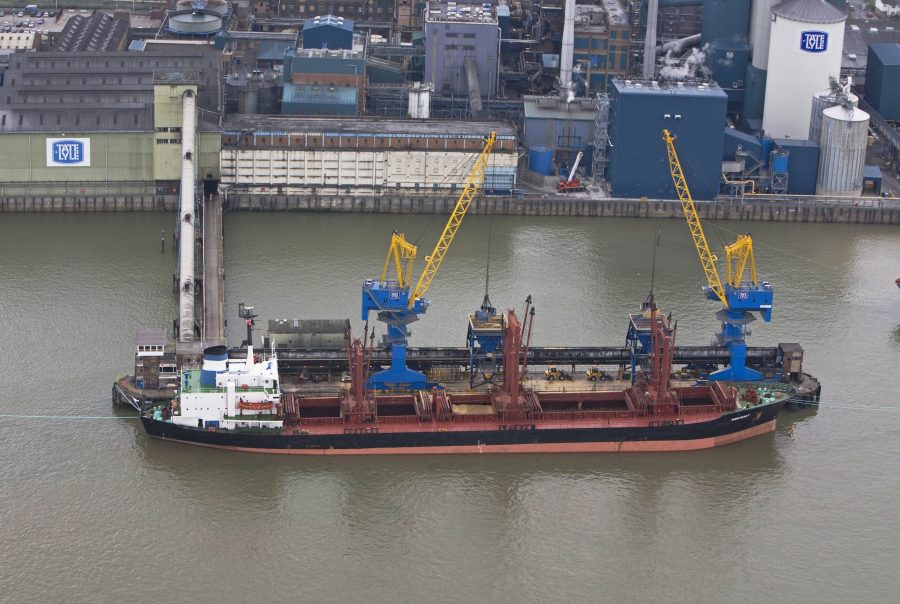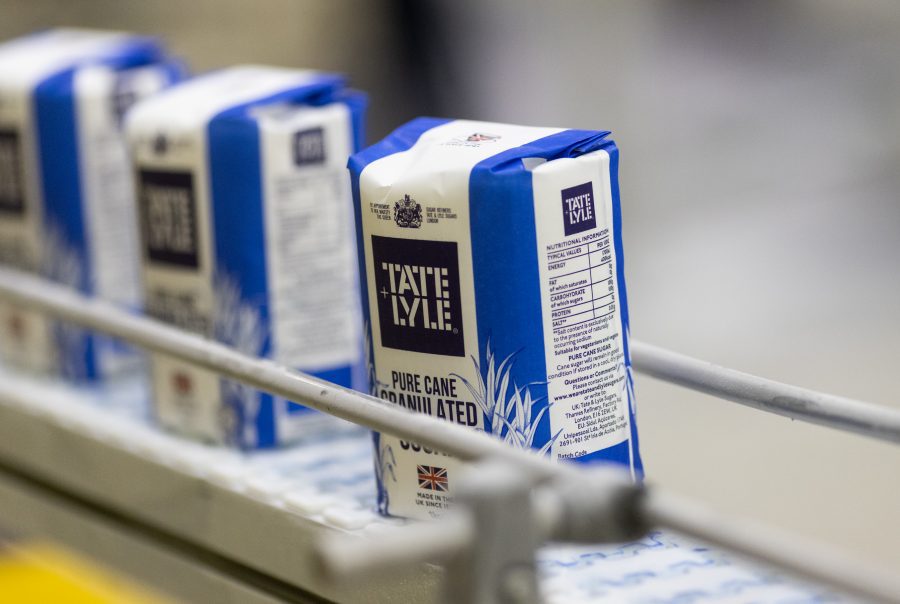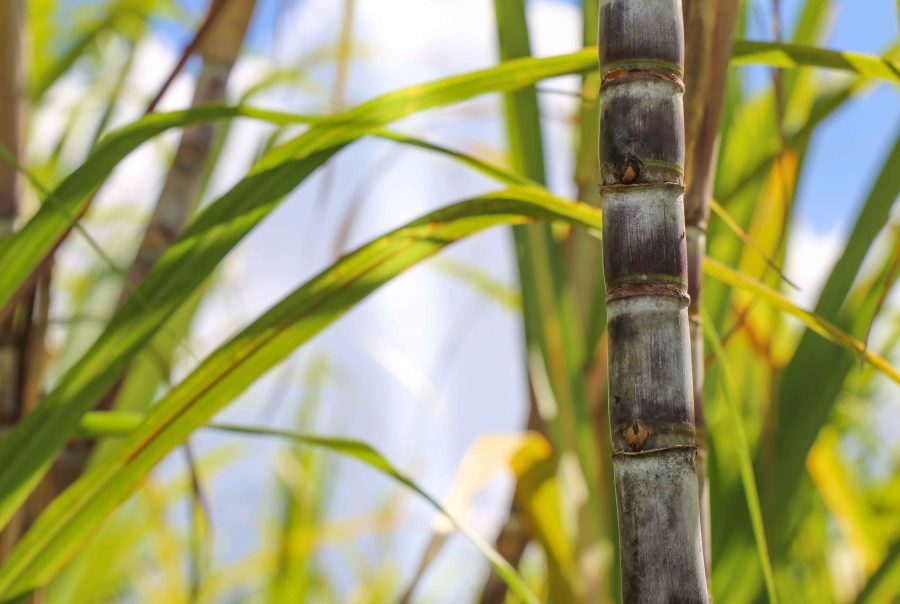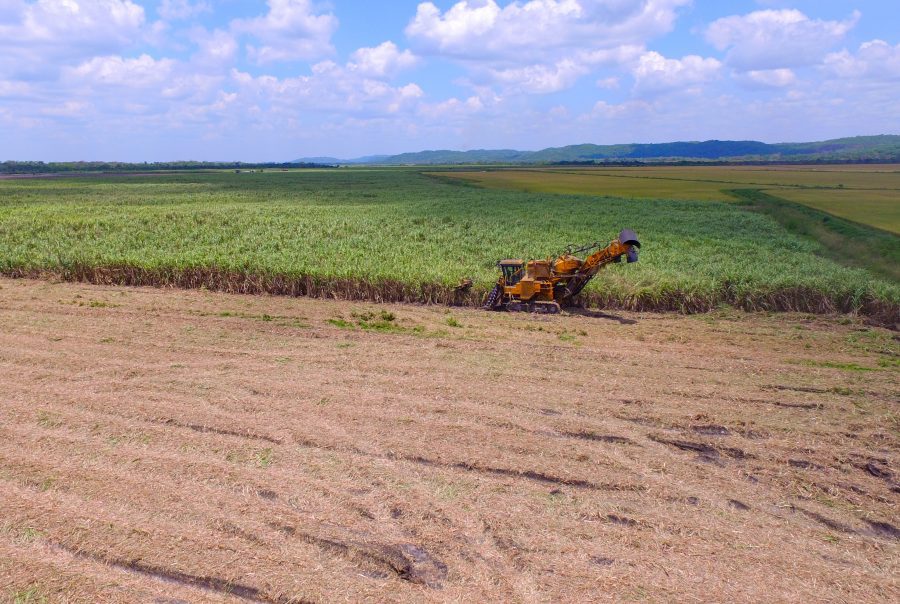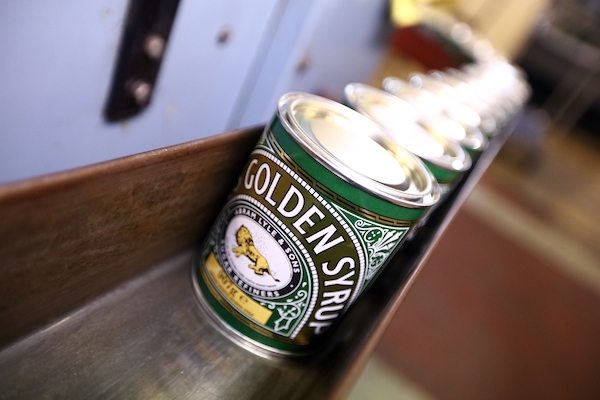Our impact
As part of ASR Group, the largest cane sugar refiner in the world, we must use our influence and impact to tackle the biggest ethical and environmental challenges in our industry.
Our sugar starts with farmers who grow sugarcane. Cane farmers can be smallholders, medium or large estate farmers; farms can be independently owned or owned by the sugar mills themselves. Sugarcane is increasingly harvested mechanically, although some of it is still harvested by hand. In both cases, the cane stalk is cut close to the ground and the leaves are removed. The harvested cane is then transported to the sugar mill.
The first stage of processing is the mill. Mills are located close to the farms so that the cane is fresh when it arrives. This maximises the content and quality of the sugar that can be extracted from the cane. Milling involves squeezing the sweet juice from the sugarcane, and this is used to make sugar. The fibre that is left over from the milling process is called bagasse. Most cane mills use the bagasse as a fuel source to power the mill. Generally, the bagasse produced during the crop generates all the fuel needed for the sugar mill, with some to spare, so it is often used to provide green electricity for the local community as well.
A range of transport types including lorries, rail and barges transport the raw sugar from the mill to the port of export. Raw sugar is then loaded on to bulk ocean-going ships for its journey to Thames refinery in London. Around 20 vessels a year arrive at our jetty in London, carrying between 5,000 and 45,000 tonnes of raw sugar. The journey takes from 2 to 8 weeks depending on which supplying country the raw sugar is being shipped from.
Our Thames Refinery receives raw sugar from our ASR Group mills such as Belize Sugar Industries (BSI) as well as many third party mills. In the refining process, large quantities of raw sugar have impurities removed from them and are made into a wide range of brown and white sugars, as well as syrups and treacles. Products are packed and delivered to retail and food service customers as well as food and drink manufacturers.
We have chosen our sustainability actions to focus on areas that are the most significant to our business and our stakeholders, and where we can have the biggest impact. We undertook a materiality assessment in 2019, to be repeated in 2023, bringing together internal and external stakeholders, including farmers, millers, NGOs and customers, to help shape our strategy.
This assessment, alongside feedback we receive from ongoing stakeholder engagement, showed us that decarbonisation, supplier traceability and transparency, human and labour rights and conserving resources and reducing plastic were of utmost importance to stakeholders. We have distilled this insight in to our 6 Priorities and corresponding Ambitions to help deliver our mission to become the most ethical and sustainable cane sugar refiner in the world.
Like most businesses, we have direct control and a high degree of influence over our scope 1 & 2 carbon emissions, as well as our social impact in the communities in which we refine our sugar and on the people we employ. But, while we are dependent on our raw sugar suppliers and global transportation networks, we have less direct and immediate control and influence over those. For that reason our ambitions in these areas are collaborative and supportive, and have different timetables compared to our direct areas of influence.
Our plan includes 6 main Priorities which will drive our ambition to become the most ethical and sustainable cane sugar refiner in the world.
Explore priorities